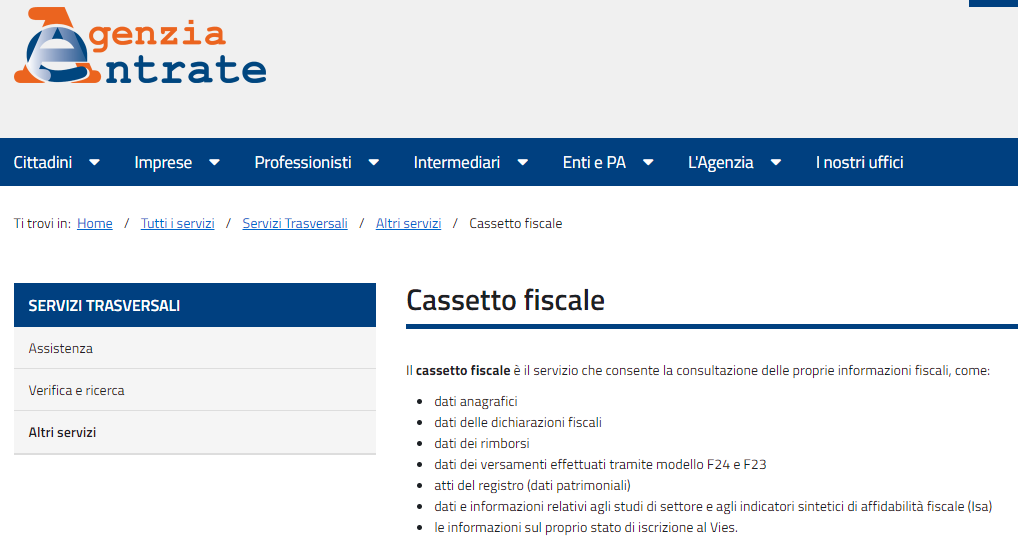Reform of the Italian Impatriates Regime, Tax Residence Test and Incentives for Transfers of Businesses to Italy.

Reform of the Impatriates Regime The Italian Council of Ministers has approved approved the final draft text of the law modifying the Impatriates Regime. See this article for the latest information Italian Council of Ministers Press release n. 54 of 16 October 2023Reform of the Italian Impatriates Regime, Tax Residence Test and incentive for […]
Table of Interest Rates – Income Tax
The rates of interest on overdue tax is a matter of some complexity. The Italian Parliament has, over the years, proposed simplification but the relevant draft legislation has not so far been enacted. Numerous different rates apply to different kinds of tax in different circumstances. The table below shows the base table of legal interest […]
Protected: Italian Tax Agency Guidance on the Taxation of Foreign Pension Funds
There is no excerpt because this is a protected post.
“Impatriates” – 70%/90% Tax break to attract “human capital” to Italy – pre 2024 Rules

The Italian Council of Ministers in a Press Release no 54 of 16 October 2023 proposed a significant reform of the Italian Impatriates Regime. The reform was enacted by Legislative Decree Dec. 27, 2023, No. 209 which was published in the Official Gazette (OG General Series No. 301 of 28-12-2023) and is stated to enter force from 1 […]
Italian tax aspects of renting Italian real estate – for landlords
2026 Legislative Changes A “Three Unit” Entrepreneurial Trigger (Presunzione d’Impresa) The 2026 Italian finance Law (Law 199/2025) has made some significant amendments to the tax position for landlords renting Italian property. Under the old rules you could rent up to four “units” before being “presumed” to be conducting a business. The threshold has been lowered […]
TFR – the Trattamento di Fine Rapporto or Employee Leaving Indemnity

What is the TFR? Employment agreements in Italy are generally governed by the terms and conditions of the relevant national collective labour agreement (CCNL) negotiated from time to time by the Italian government, the trade unions and employer organisations. These standard contracts make provision for a series of provisions applicable to the hire of individual employees in Italy. Regardless of any contractual provision, the Italian Civil Code provides that on the termination, for whatever reason, […]
Tax Step Up of Shares/Land and Buildings – Revaluation
Law Decree no. 17 of March 1, 2022, containing urgent measures for the containment of electricity and natural gas costs, the development of renewable energy and the relaunch of industrial policies, known as the Energy Decree was published in the Official Gazette no. 50 of March 1, 2022. Article 29 of the Decree confirms the […]
The Cassetto Fiscale – Fisco Online

What is it? The cassetto fiscale, literally “tax box”, is a service offered by the Italian Government that allows consultation of a taxpayer’s tax information, such as personal data on the Tax agency database information data of tax declarations information on tax refunds tax payments made through the F24 and F23 forms information regarding registered […]
Land Registry Categories – Residential Property
Background The Land Registry Category is an important variable in determining the tax payable in respect of real estate. All registered property in Italy is assigned a category. You can see the assigned category for a particular category by getting hold of land registry extract or visura catastale. Italy has a number of reliefs and […]
Taxes on Second Homes in Italy
A Second Home in Italy If you have bought a house in Italy, but do not intend to live in it as your habitual abode and register as resident with the Anagrafe (register of resident population maintained by the relevant local authority or “Comune”), it will be considered a second home and not an “abitazione […]
